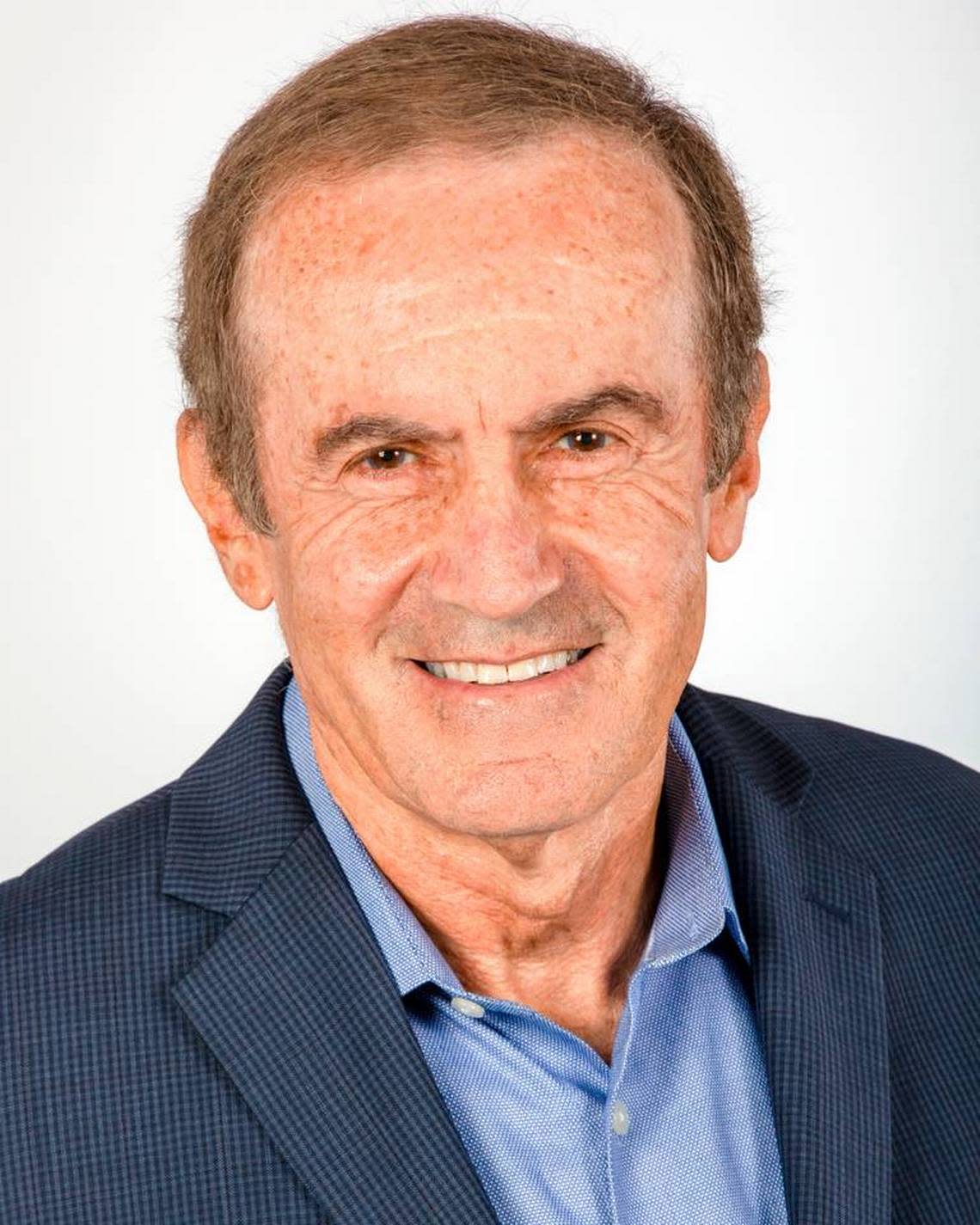World Cup soccer will make millions happy and, perhaps, millions more really sad | Opinion
Over the next few weeks, we’ll see images of exhilarated soccer fans celebrating their national teams’ victories at the Nov. 20-Dec. 19 World Cup in Qatar. But, while I love soccer, I know that such joyful scenes may be the exception to the rule.
According to a British study, soccer on average makes more people sad than happy. Seriously.
George MacKerron, a behavioral economist with the University of Sussex, has studied the causes of happiness and unhappiness among 4.5 million people in recent years and concluded that people’s sadness when their team loses is bigger than the pleasure they feel when their team wins.
While it’s a fantastic sport, people around the world take it far too seriously, to the point that it often causes not only violent clashes among rival club fans, but unhappiness, heart attacks, strokes and traffic accidents.
I interviewed MacKerron recently in London for a book I’m writing about happiness around the world and was surprised to hear him cite soccer as a cause of unhappiness.
“The kind of the displeasure of losing is bigger than the pleasure of winning, so the kind of the average change of people’s happiness related to a football (soccer) match is negative,” MacKerron told me. “In other words, the impact of losing is bigger than the impact of winning.”
His study, conducted between 2010 and 2018, included 66,000 people who ranked their happiness regularly in a cell-phone application that he created, called Mappiness.
The application let people rank their happiness daily with an escalating sliding scale that went from zero to 10 and offered to share with them the results. That way, people could find out long-term patterns of when, and with whom, they were happiest.
Not surprisingly, the Mappiness study found that people on average are happiest when they have sex — which topped the list — go to the theater or to a concert, or are on the beach or walking in the mountains. These activities raise people’s average happiness by up to 13%.
But of the 40 activities contemplated in the study that make us happiest, soccer ranked nearly at the end, only slightly above “being sick in bed.”
Soccer-related unhappiness rose the most when people’s soccer teams were favorites to win, and ended up losing, MacKerron said.
“If you lose when you didn’t expect to lose, when the odds were positive for your team, that has a really large effect,” MacKerron told me. An unexpected loss results in an 11% decline in happiness, he added.
When I asked him half-jokingly whether fans of Brazil, Argentina and France — the favorite teams to win the World Cup — are at risk of being the most depressed, he nodded. “Yes, it’s kind of high risk to go into the World Cup expecting to do well,” he said.
Other studies show that heart attacks, strokes and traffic accidents soar in many countries during the tournament.
In Germany, there were 18,479 hospital admissions for heart attacks during the 2014 World Cup in Brazil, compared with 17,794 a year later, when there was no major global soccer tournament, according to a study published in Scientific Reports. Its authors suggested that their research should be used by hospitals around the world to prepare for more admissions during World Cup tournaments.
A 2002 study showed that heart attacks in the United Kingdom rose by 25% during the final match in which England lost to Argentina by penalty shots in the final of the 1998 World Cup in France. The increase in admissions suggests that heart attacks “can be triggered by emotional upset, such as watching your football team lose an important match,” the study said.
I plan to watch as many World Cup matches as I can. But I’ll constantly remind myself that we should take this tournament as a source of enjoyment, with no drama. Soccer may be the world’s most exciting sport, but it’s not worth a single death, or any rise in unhappiness.
It’s just a game.
Don’t miss the “Oppenheimer Presenta” TV show on Sundays at 7 p.m. E.T. on CNN en Español. Twitter: @oppenheimera

